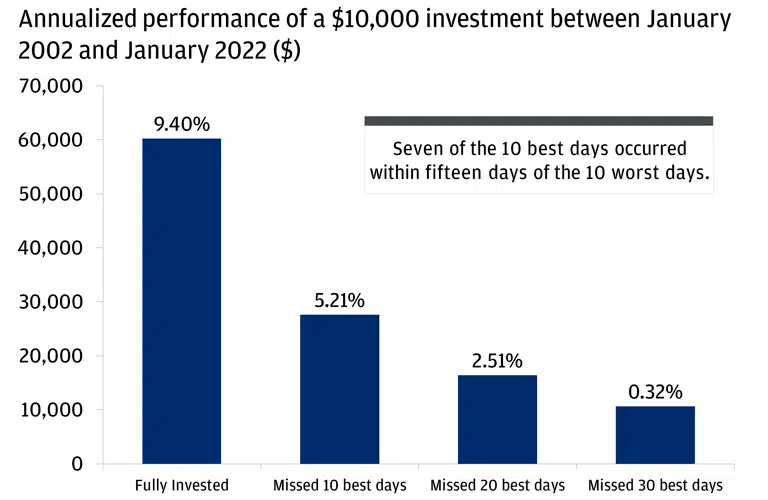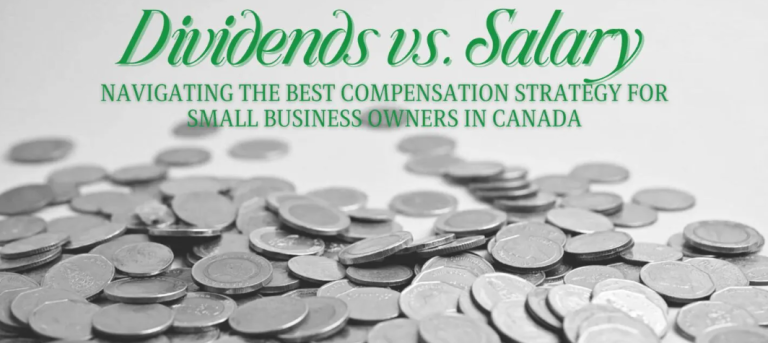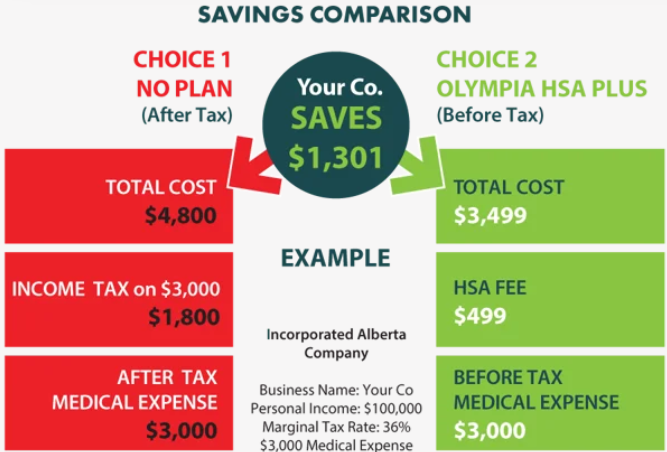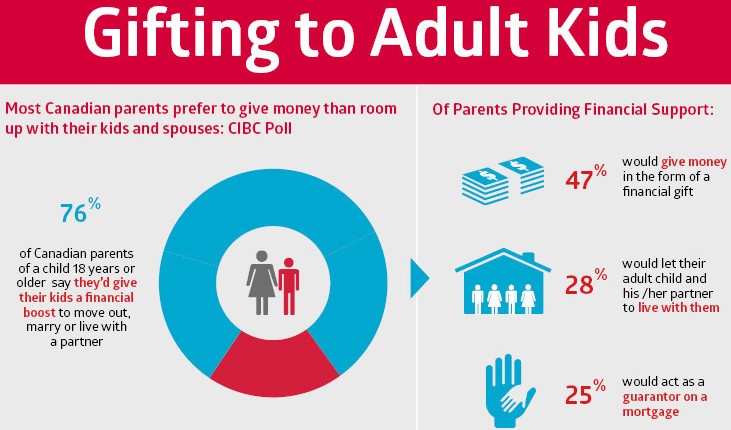When you see something on sale for an incredible price, one that is lower than you have seen it in 4 or 5 years and about 30% cheaper than it was just a couple of weeks ago, do you wait to see if it just might get a little bit cheaper? Or maybe you expect it to get a lot cheaper?
Whether it is cans of salmon, a price of much needed kitchen reno, a new roof on your house, a replacement to your aging car, an investment property or even toilet paper, I’m guessing, probably not. You’d take advantage of the significant savings and make the purchase right then and there.
So why doesn’t everyone do that, when investments right across the board, have been put on sale with relatively large discounts? An example being a highly respected investment company, who owns a portfolio of other companies, whose shares are selling for the value of the cash on its balance sheet? Or when a strong financial institution’s share price is now 50% cheaper, making its dividend double what it was a few weeks ago. Despite nothing really changing with the company’s financial picture in the long term. Why aren’t you buying that, right now?
Because these investments MAY get cheaper yet, by what would most likely be another 5% or so? Really? You’re going to try to guess that possible little extra savings at the risk of paying more, for something that is already ridiculously cheap?
Why do the vast majority of people do that? Perhaps they don’t want to look wrong in the short term. I think the real reason, based on my introspection, is that seeing a relatively small negative number almost right after you make the investment, doesn’t feel very good. It makes you feel like you made a mistake. Feel being the operative word.
When things are bad, most people expect things to get worse. When things are great, most people think they will stay that way. That is the gaping hole in your armor, your Achilles heel. You anticipate negative feelings and you don’t want to go there. This is despite everything in history showing you that now, in a longer-term context, is a good time to put money to work. Don’t pay any heed to the headlines and definitely don’t follow REO Speedwagon in its song lyrics, “I can’t fight this feeling anymore!”. Yes you can. Although it’s interesting how we don’t want to fight good feelings. It’s all about feeling good but it shouldn’t be. Feelings don’t make for very sound investment decision making. I think through and wrestle with potentially bad decisions steered by feelings, every day.
I have put a lot of new money to work, over the past few weeks and it’s almost fully invested. Yes, I’m down a bit overall but that doesn’t concern me. I’d be lying if I said I don’t mind the negative numbers because I do. I recognize though, it is just a feeling. This money will be invested for at least 10 years and most likely much longer, that is the goal. What I do know, based on history, that prices will be much higher then.
However, you still have concern about being too early and I get that. You assume things will only get worse. I’m quite sure there are a lot of people just like you, who still have lots of cash sitting on the sidelines, waiting for things to get better.
Guess what? They could already be getting better. Although the market may not know for sure if that is the case, it is already looking forward to the economic mending that is inevitable. Why do I say that? Because investment prices as a whole are already 20% higher from what could prove to be, their lowest price point, which was on March 23rd, more than 2 weeks ago.
I’m guessing you didn’t know that? I wouldn’t expect you to. The media is still focused on the bad things which are happening today. They aren’t talking about the future because news doesn’t do that. It reports the day’s events. If that is all the information you are consuming, you are then not seeing the full picture.
You’re still not convinced about investing that cash you hold in fear that things could get cheaper? That you will see your investment fall? I’d say, you shouldn’t care and here are some historic worst case examples to show you why I do say this with fervent conviction.
If you invested the day the S&P 500 (a group of 500 companies in the US) bottomed following the Great Financial Crisis on March 9, 2009, you would now be up 345% or so, even after living through the 30% maximum decline we most likely experienced.
This however assumes you bought at the exact bottom. The only people who absolutely nail the bottom are lying about it. Okay, maybe some got it right but to be 100% right, you would have had to invest 100% of your money the day of the bottom. I’d say that is 1 in a million odds at best. If timed 100% right, that would perhaps mean an extra 1, 2 or 3% gain over the long term. That is a big guess you are making for a relatively small, extra long-term gain. The fact is, virtually everyone ends up investing too early, too late or simply, not at all, because their feeling will always be looking for the worst outcome, no matter how irrational that may be.
Let’s say you decided to buy, when in hindsight, it was early. As an example, let’s use when Lehman Brothers went bankrupt, which was on Monday, September 15, 2008. You said to yourself “this is the right time!” and thus, you invested all your available cash, the day after.
At that point, equity prices were down about 25%. You couldn’t possibly see that they were to decline another 40% from there. 1 year later you would be down roughly 10%. 3 years later you would be up 7%. 5 years would have you with a 56% gain. Looking out longer even still, shows 200% to the upside; a tripling of your, what seemed to be, badly timed investment. Today, after the recent decline you would still be 150% to the upside. Would you be pleased with that or would you still be beating yourself up for your timing being wrong? I’m guessing, if you are of a healthy mental state, you’d be happy with what you have. I would be (and expectations for the future.. I will be).
How about the October 1987 crash? I started as a Financial Advisor in the spring of that year. Stocks fell nearly 21% on October 19th. I remember a few parts of that day, quite vividly. It wasn’t raining. In fact, it was rather bright. I was walking West, on West Georgia Street in downtown Vancouver; back to the office from a potential new client, meeting. It was mid- afternoon. A fellow Advisor was walking toward me in the other direction, obviously quite shaken by what had transpired. He was heading home, not knowing what the future held. I’m sure you’ll remember parts of today and the past few weeks, in much the same, vivid ways. But I digress.
Investment prices had already fallen 16% before this week even started. What if you invested on the Friday before the infamous, “Black Monday”? Buying just before the worst 1 day decline in history is really bad timing don’t you think? You’d feel bad, stupid, maybe distraught, much like my ex-fellow Advisor friend (virtually all the people I started with as Financial Advisors, left for less emotionally draining jobs). Markets started recovering right away on the Tuesday however, by early-December you were still down more than 20%.
A year later you would have been up 23%. 3 years later you were 55% to the upside. 5 and 10 year returns were +122% and +426%, respectively. Again, I’d say those are very nice returns for the less than perfect timing you are trying to avoid today.
How about the absolute worst-case historic scenario we can look back at? That was the Great Depression. The market decline began in September 1929. A little more than 1 year later equity prices were down 50%.
Let’s say you thought (felt) that the best time to buy would be after prices had declined by 60%, so you waited for your subjective 60% decline. This didn’t happen until September 1931, which was 2 years after this whole thing started. “Now is the time to invest”, you think (I’d say “feel”, not think). Again, you would have been early. You would have experienced a 65% decline on your investment over the following 9 months. This ending in June 1932. OK, I must confess. That would make virtually anyone really concerned, to the edge of panic. Yes, I’d be with everyone else, questioning everything I believed to be true, yet…..
1 year later you are down less than 10%. 3 years later you are up 13%. 5 and 10 years hence + 118% and +84%, respectively. (The concerns about WWII didn’t’ help the 10 year number)
So, even being very early in some of history’s great market crashes has led to some very healthy and pleasing returns over time. Returns that no one in their right mind would balk at. Patience is always rewarded if you look past the bad that is happening or could happen, today. That is something you can count on. Your feelings you can’t.
Now could you also buy late and get similar results? Yes, probably. However, what you have to recognize is that the factor driving your decision making is based on your comfort (a feeling). Those feelings of yours are being steered by today’s news rather than historic facts and mathematical realities. Recognize that. The only way to be able to correct a problem is by recognizing a problem exists.
You, with all probability, will never buy at the exact bottom. You will either be early or late and if my guess is correct (yes, guess), you are already too late. There are no “all-clear” signals during a time like this. The quest for perfect timing is your enemy. Your emotions are as well. So are your justifications of what your crystal ball (your feelings) are saying to you. I would rather be kicking myself in the short-run for jumping in too early than kicking myself in the long-run for never putting my money to work in the first place (or way too late). Most importantly, I definitely don’t want my feelings dictating my financial decisions.
Waiting for things to get better will definitely make your investment timing wrong. Why? Because you are making the decision on a… what? (You know the answer to that). If you try to be 100% right and buy at the absolute bottom, you are guaranteed to be 100% wrong. Statistically it’s virtually impossible so why try to do that? Patience and time is the only thing that will make you right. That I can guarantee.
PS. I’ve brought out the facts of a few significant, financial events over the past 100 years. Since we are coming up to the Easter weekend and you may not be doing your usual family events, here is an idea. Look into the what I personally believe to be one of the most significant events in human history, the historic evidence of Easter. CS Lewis, a former atheist wrote about that (and more) in “Mere Christianity”. J. Warner Wallace, a previously self-described “angry atheist” wrote, “Cold Case Christianity: A Homicide Detective Investigates The Claims Of The Gospels”. Lee Strobel, an Investigative Journalist who also has a law degree. He too was a staunch atheist. In his investigation to prove his wife’s faith convictions were seriously misguided, he came to the conclusion, after 2 years of extensive research, that there was overwhelming evidence he couldn’t brush off as simply storytelling. The book to come out of that was, “The Case For Christ”. Seeing as you may not have an electronic device to delve into these, pull up some videos on YouTube. Happy Easter to you and your family.






